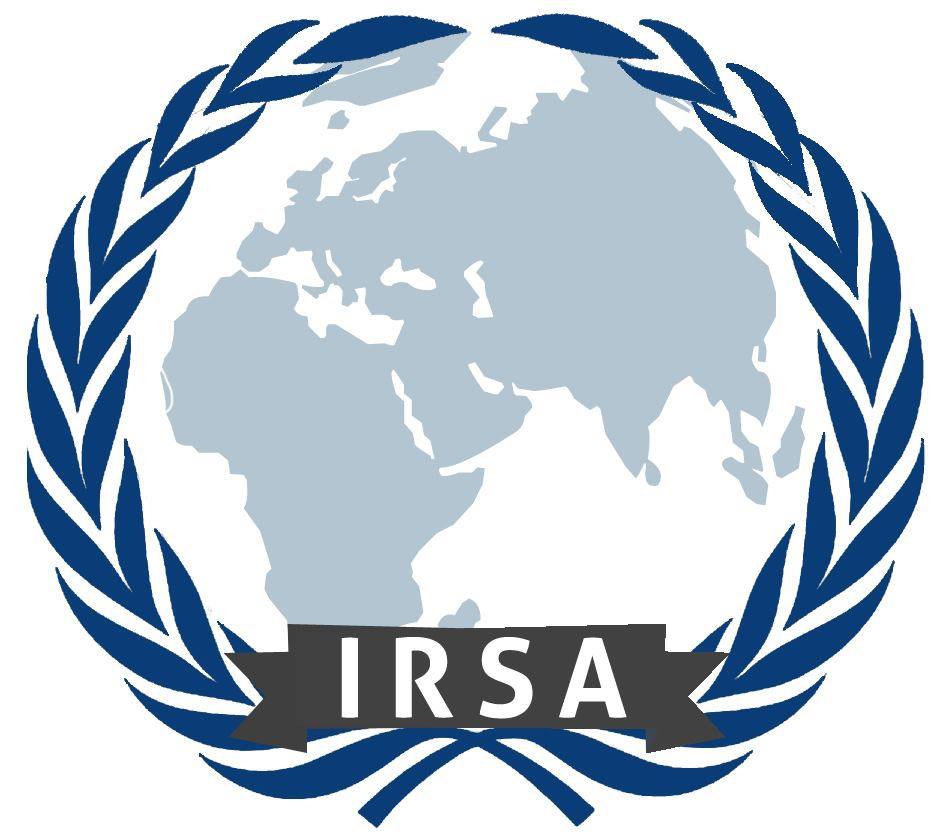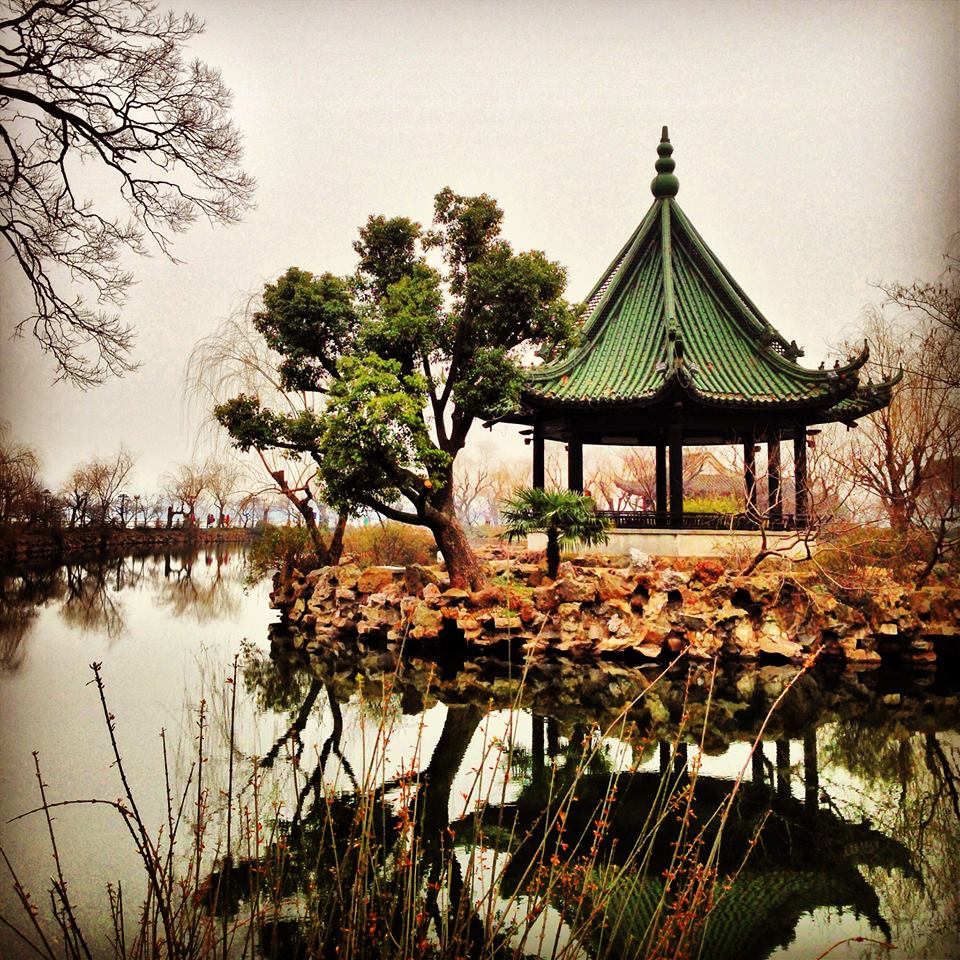Imagine studying about peace and conflict in Israel, learning about the international economy in Switzerland or taking part in a group study program to learn Italian in Venice. Picture yourself working as a coop student in Hong Kong or volunteering on a water project in Africa. Getting international experience is a critical component of your International Relations program.
Why include an international experience as part of your International Relations Degree?
Going international lets you:
- Explore your International Relations degree from a different perspective and gain access to courses you would not have access to at UBC
- Get an edge in the workforce as more and more industries value cross-cultural competencies and international experience
- Experience another country as a student and not just a tourist
- Become globally aware, grow and develop as a person, and gain cross-cultural understanding.
Opportunities include Go Global study programs, international coop and independent work/volunteer placements abroad. Can’t go abroad? Then check out opportunities to get involved at home.
If you are planning on participating in an international experience, please be sure to prepare yourself for your time abroad by:
- Researching your host culture (customs, norms, living conditions).
- Learning about the stages of culture shock and what to expect in each stage.
- Health and safety requirements for travelling abroad (insurance, vaccinations, etc).
- Visa/passport requirements for entering your host country.
UBC Safety Abroad and the Canadian Government Department of Foreign Affairs, Trade, and Development Canada are great resources for travel preparation.
NATO Field School
The NATO Field School is an annual summer program coordinated by Simon Fraser University for third/fourth year students who are interested in furthering their experience in the realm of international relations, security studies and defence studies.
The 12-credit, nine-week extended field school begins with five weeks in Western Canada and four weeks in Europe.
IR students will be able to apply 6 of the 12 upper-level transfer credits towards List A of their major requirements. IR minor students will be able to apply the 6 credits towards their upper-level requirements.
To learn more about the NATO Field School please click here. To submit a Letter of Permission to UBC Arts Advising, please click here.

